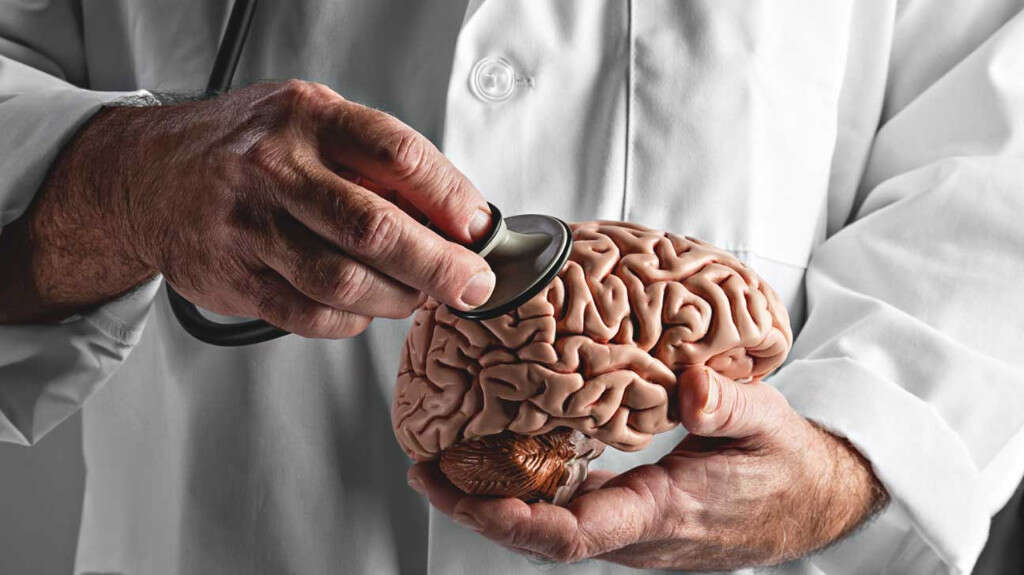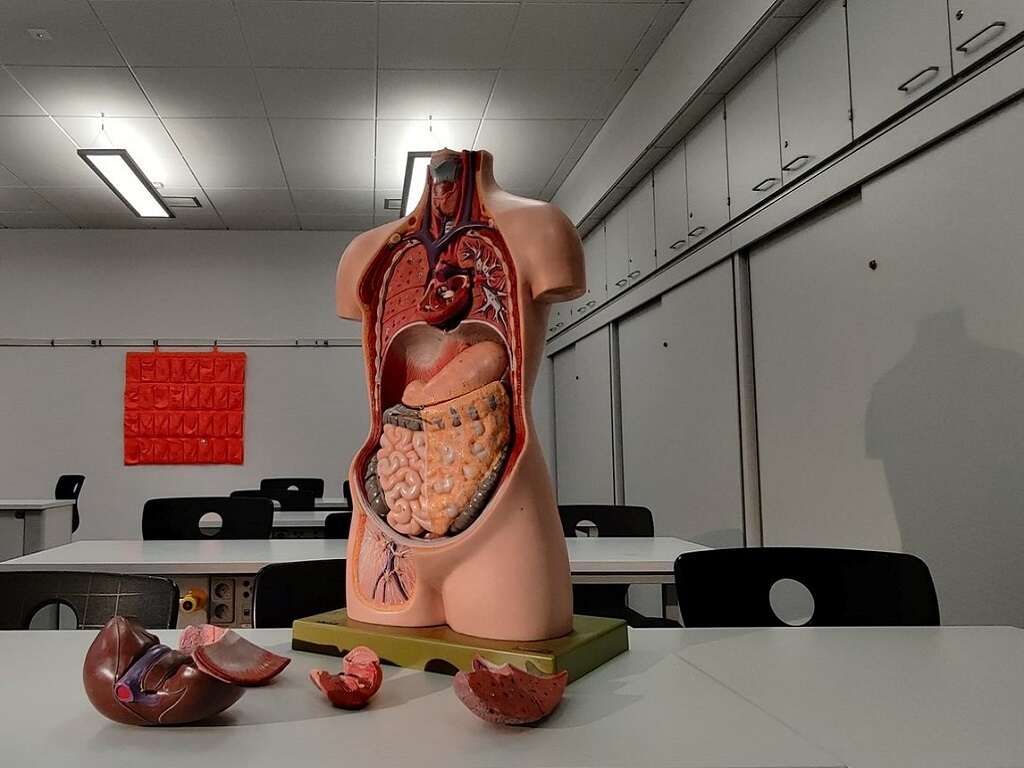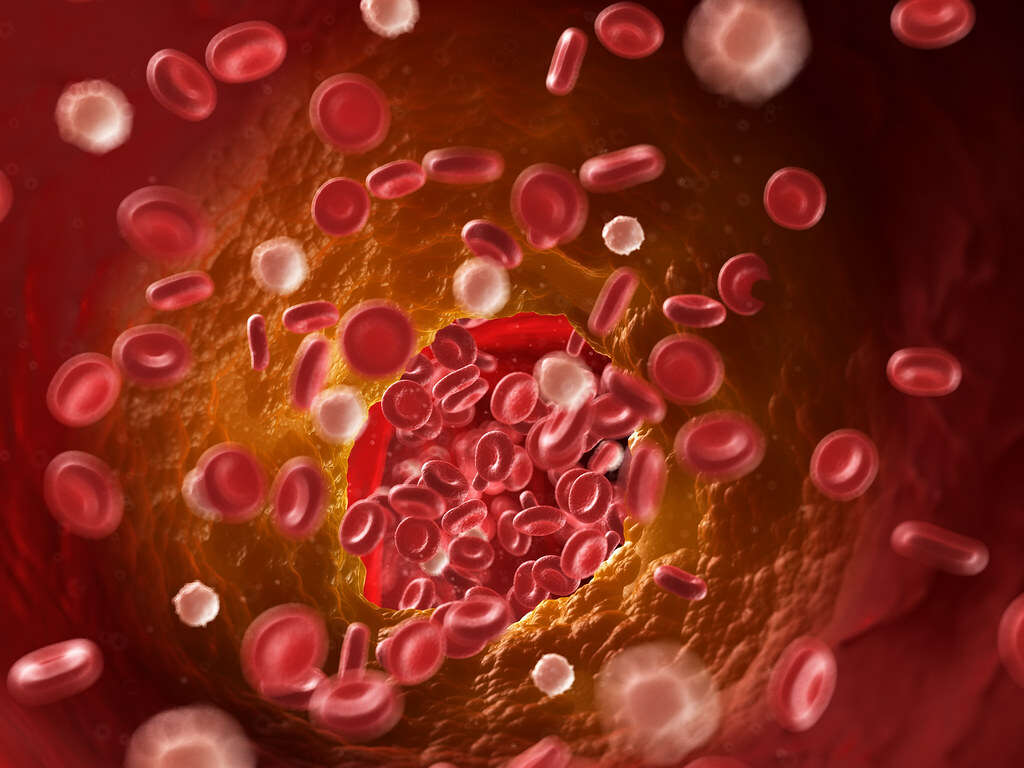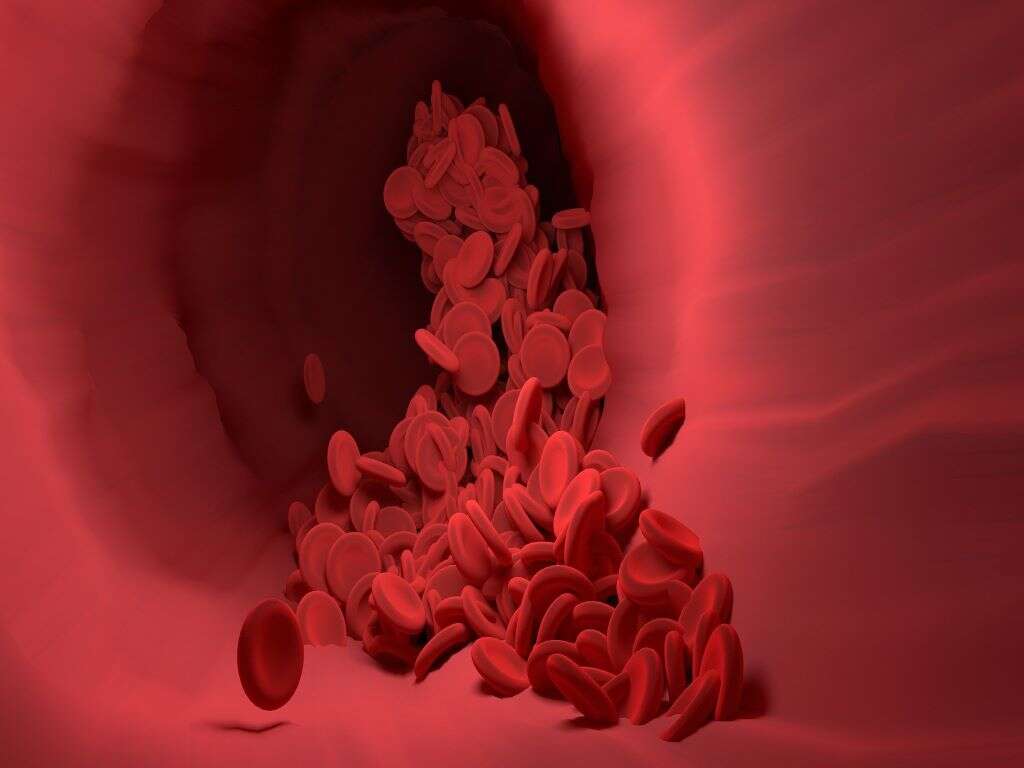10 Symptoms of Hypoxia
Our bodies need oxygen. We need it 24/7, and our lungs and hearts are constantly working to make sure we have the constant supply of oxygen that we need. It is a process that we don’t usually notice, but it can become very noticeable indeed when something goes wrong.
Hypoxia is the medical name given to the body not being fed the oxygen it needs. Hypoxia occurs due to a variety of causes and can range in severity considerably. It can be fatal, so anybody showing signs of the condition should be sought immediate medical assistance. Here are 10 the common symptoms of hypoxia.

Symptom #1: Rapid Breathing
The cycle of breathing in and out helps to keep our bodies well oxygenated. How much oxygen we take in over any period of time relies on two things: how deeply we breathe and how quickly we breathe. If we breathe faster than usual, then we will be taking in more oxygen than we usually would. This is often experienced when we have been exercising.
If the body is short of oxygen, one way to try and overcome this is to increase the rate at which we breathe. This will hopefully get more oxygen into the system, meeting the increase in demand. Unfortunately, though, depending on the cause, this does not always remedy the problem.

Symptom #2: Fast Heart Rate
Once oxygen has been inhaled into the lungs and absorbed into the blood, it then needs to be circulated around the body. This is the job of the heart, which acts as a pump to circulate the blood around the body’s system of blood vessels. The faster the heart pumps, the more blood is circulated.
If there is not enough blood in the body then the heart may be expected to increase its work rate to compensate. This means increasing the rate at which it pumps. With more oxygen-rich blood circulating through the body, there should hopefully be enough to meet the demand.
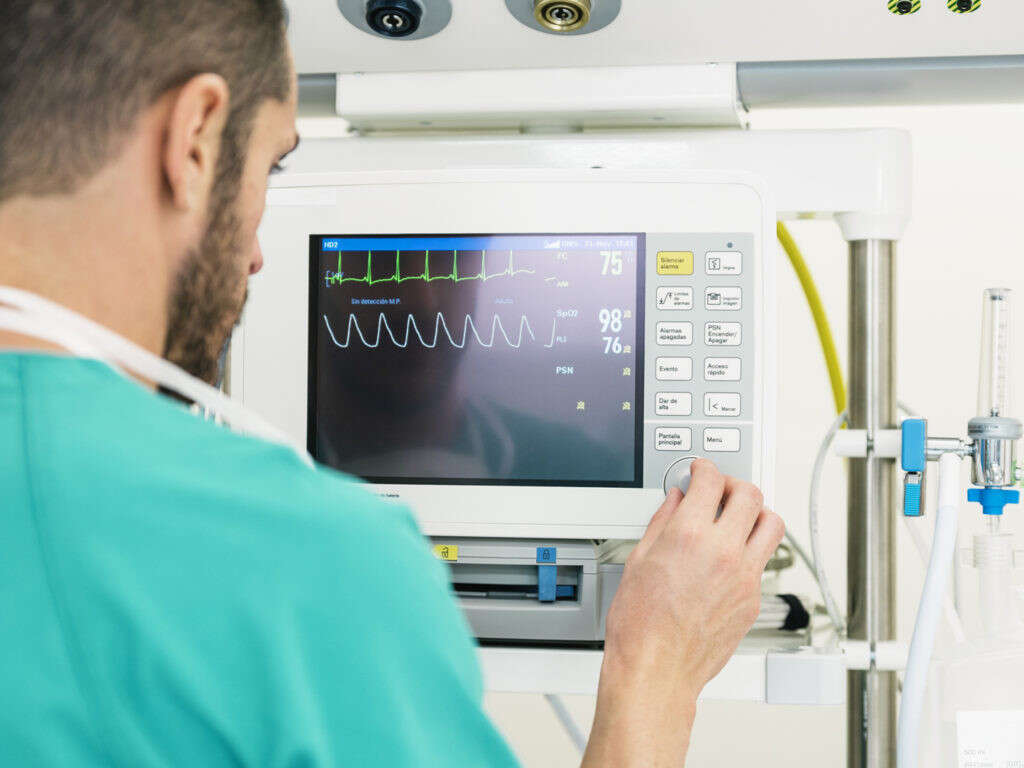
Symptom #3: Coughing
Coughing is a common symptom that the vast majority of us will experience at some point in our lives. While it is often associated with illnesses, it can also be a reflex to remove unwanted debris and pathogens from the lungs and airways. While it is generally very helpful, it can also have negative side effects.
Coughing can be considered both a cause and a symptom of hypoxia. Excessive coughing causes the patient to expel a lot of oxygen from the body, leaving them short of what we need. It can also cause damage to the lungs, limiting our ability to absorb sufficient oxygen.

Symptom #4: Sweating
We generally try to avoid sweating where we can. Sweat patches can be very unsightly and there is also the chance of unpleasant odors. Usually, we will use antiperspirants and deodorants to limit sweating and/or the odors it produces. Regardless, it is still very natural to sweat, but excess sweating can be a sign that you are not well.
One effect this has on the body is to increase the rate at which we sweat. If you are experiencing excess sweating for no apparent reason, you should arrange to get it checked out.

Symptom #5: Changes in Skin Color
If somebody appears more pale than usual, you can usually tell at a glance that they are unwell. The same goes if somebody is redder than usual or if their skin looks different than it usually does in any other way. It is a symptom of a wide range of potential problems, including hypoxia.
People suffering from hypoxia will often turn blue as the lack of oxygen in their blood changes the color of the blood. In some other cases, the patient might turn white as the blood flow is shunted to the vital organs to ensure enough oxygen. Which changes are experienced will depend largely on what is causing the hypoxia.

Symptom #6: Wheezing
Our air passages are usually wide enough to allow for sufficient air to pass through them. Even after exercising, our airways are wide enough to allow for the increased demand for fresh air for the oxygen it holds. Should the airways become narrower, though, then they may no longer be enough.
One common cause of hypoxia is a narrowing of the airways, often due to asthma. The wheezing sound is caused as the air is forced to squeeze through a tighter gap than usual. This also means that wheezing is a fairly common symptom that accompanies hypoxia. These symptoms should encourage you to see a doctor to find out what is causing them.

Symptom #7: Harder to Move
Moving is usually quite easy for us. The brain sends a message to the muscles and they act accordingly, making us move in an instant. In many cases, such movements are subconscious so we don’t even have to think about them at all.
With insufficient oxygen in the body, though, moving can become a great deal harder than it usually is. Without sufficient oxygen, it becomes harder for the brain to work as it should, which includes making us move. What’s more is that the muscles also require oxygen in order to work so hypoxia can make it harder to make these simple movements.

Symptom #8: Confusion
The human brain is a very powerful organ. As useful as this is for us, though, it also requires a lot of fuel to keep it going. This means plenty of nutrition from the food that we eat and also plenty of oxygen from the air that we breathe. If the brain is not getting the oxygen it needs, it can begin to slow down.
When the brain slows down, it can struggle to process even simple details. We can become confused easily and struggle to understand where we are and what is going on. Our memory can suffer and we can also find it very difficult to make decisions.

Symptom #9: Seizure and Coma
Seizures occur when a malfunctioning brain is unable to control the body as it should. This can cause the whole body to convulse violently, with the patient often not even aware of what is going on. Depending on the cause, seizures are a sign that you should be getting medical assistance for the patient immediately.
In advanced cases of hypoxia, the body can go into a coma. The body will close down its systems and the patient will become unconscious. If a person becomes unconscious due to lack of oxygen it is emergent as this is a sign that the vital organs are not receiving what they need to survive.

Symptom #10: Brain Death
We can only go for a couple of minutes or so without fresh oxygen. Our body needs it in order to function and our brains need it in order to work. If the brain doesn’t work, then the rest of the body doesn’t work. This makes it imperative that we continue to get the oxygen that we need.
If you know somebody that is experiencing hypoxia then you should make sure that you get them to an emergency room immediately. In some cases, they may have medication that will help soothe asthma attacks or other conditions causing the hypoxia. Act quickly and wisely and you could literally save somebody’s life.
